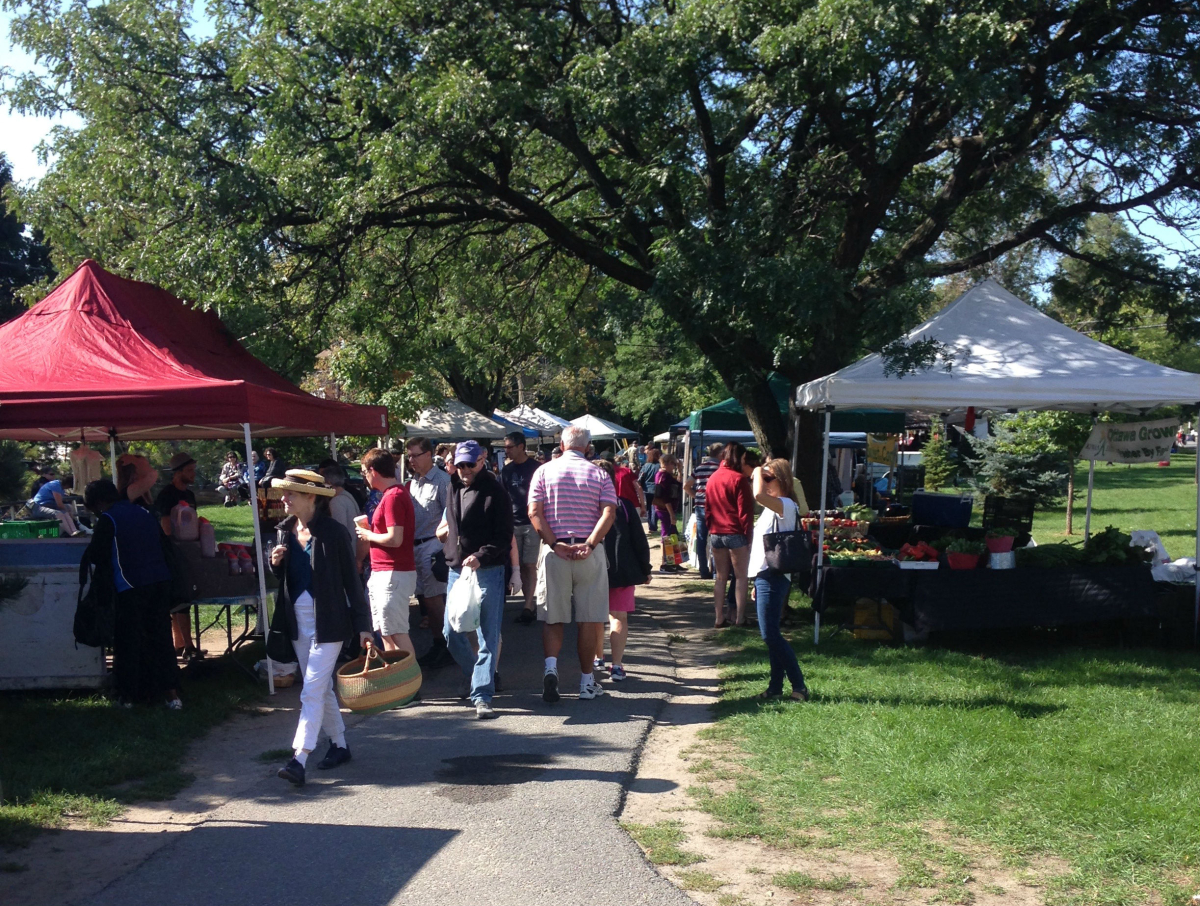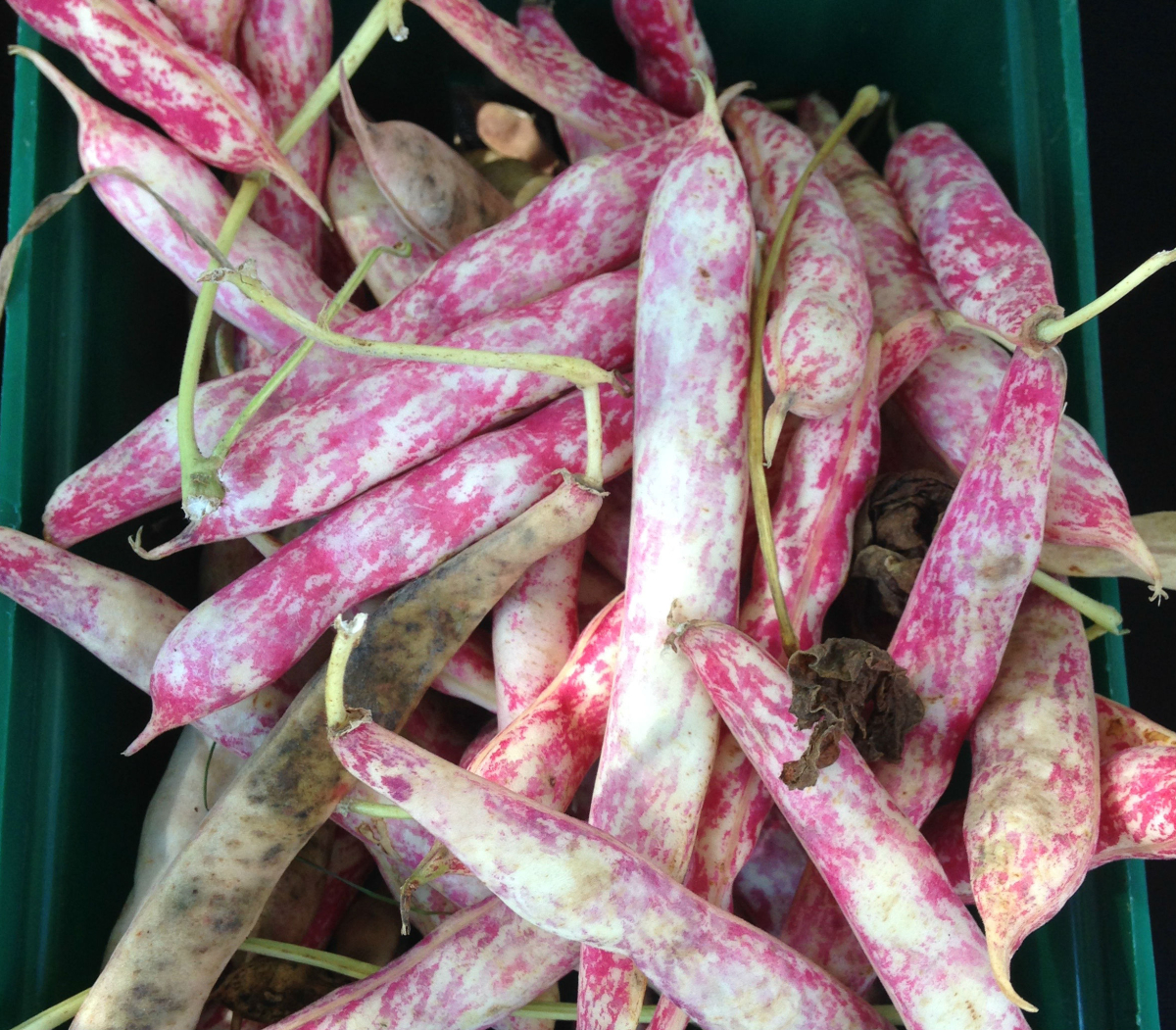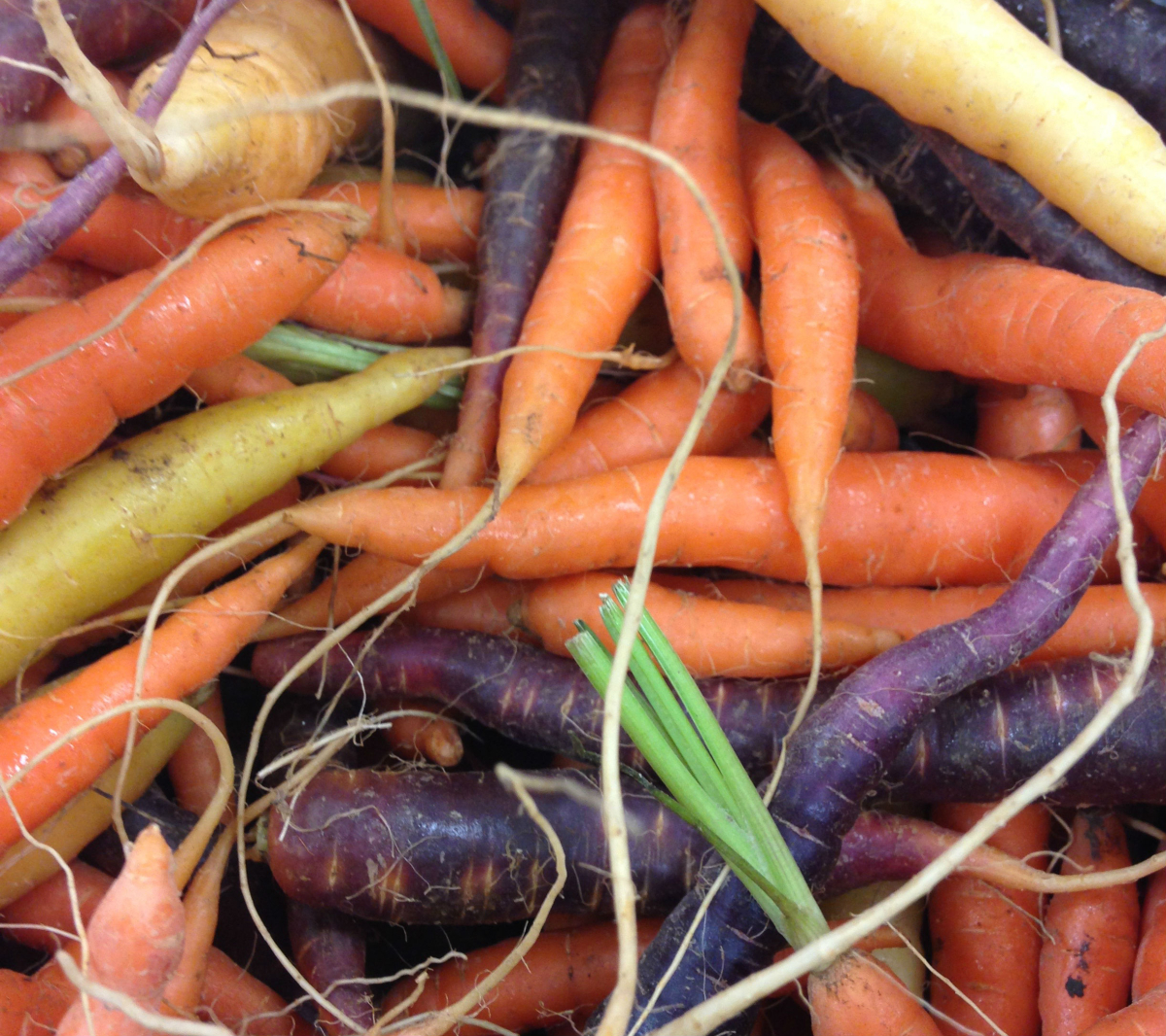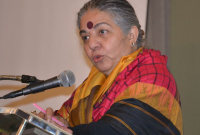Support strong Canadian climate journalism for 2025
You may call me foolhardy, rich, or both — but I love paying extra to shop at the farmers market. Before you pass your judgment however, let me explain my ritzy reasoning.
It’s simple: knowing where my food comes from is a relief. I don’t like the idea that the food going into my belly is nothing but a number on a spreadsheet, belonging to a corporate producer whose goal is to sell as much as possible.
I want to know my food is about more than money and that’s a privilege I’m happy to pay for.
Help with making healthier choices
If I ask a vendor at the farmers market, for example, what variety of summer squash they’re selling, I will most likely get an answer like, ‘patty pan,’ ‘zucchini,’ or ‘crookneck.’ But if I ask the same question at the grocery store, it would likely be met with confusion from clerks.
Speaking with staff who have a deep understanding of the product and its relationship with the environment helps me make better choices for my mind and body. Is it produced with pesticides or antibiotics? Is it best grilled or simmered? What other foods does it taste good with?
Most of the farmers I talk to have answers and favourite recipes for the food they’re selling that they're more than happy to share (as long as it isn't grandma's secret).

A sense of community
I also love the profound sense of community at the market. Many times, I have asked for an ingredient a vendor doesn’t sell, only to be directed with enthusiasm to a neighbouring stall. Can you imagine being redirected to another grocery store by a manager or cashier?
Of course paying the bills is important to us all, but at a farmers market it seems like only a piece of what is going on. I like that the notion that shopping at the market — even if it costs a little bit extra — supports members of my community.
Learning about food also seems to come naturally while browsing the goods. The farmers I know love to share their passion, and this often means being introduced to new foods, learning about the seasons, and finding out about events and organizations in my community.
Leaner, cleaner production
Another benefit of farmers markets worth its weight in cash is the relief that shopping locally brings to environmental concerns.
According to the David Suzuki Foundation, the average meal travels 1,200 kilometres from the farm to your plates. Food grown closer to home has fewer transportation emissions tied to it, and may also be much fresher with a longer shelf-life. As the distance food travels decreases, so does the need for processing and refrigeration to reduce spoilage. Incredibly, the foundation also says production methods can account for approximately 83 per cent of the overall carbon footprint of the food – making local and organic ingredients that much more important.

Better value for money
So though I sometimes end up spending more at the farmers market than I would at the supermarket, I tend to make smarter choices: I don’t want to waste my money by throwing food away. I buy quality, not quantity when I am there.
As a chef and foodie, I work hard to earn the money I make, and think often about my spending. Simply put, the farmers market is good value for my dollar. I don’t think I’ll be able to fulfill all of my kitchen needs at a farmers market any time soon, but I like getting outside in the fresh air, spending my money on locally-produced groceries.
In doing so, I help make a better community. The money I spend at the market has a value that continues long after the food has been eaten.
This report was made possible thanks to reader subscriptions. Please subscribe today.






Comments